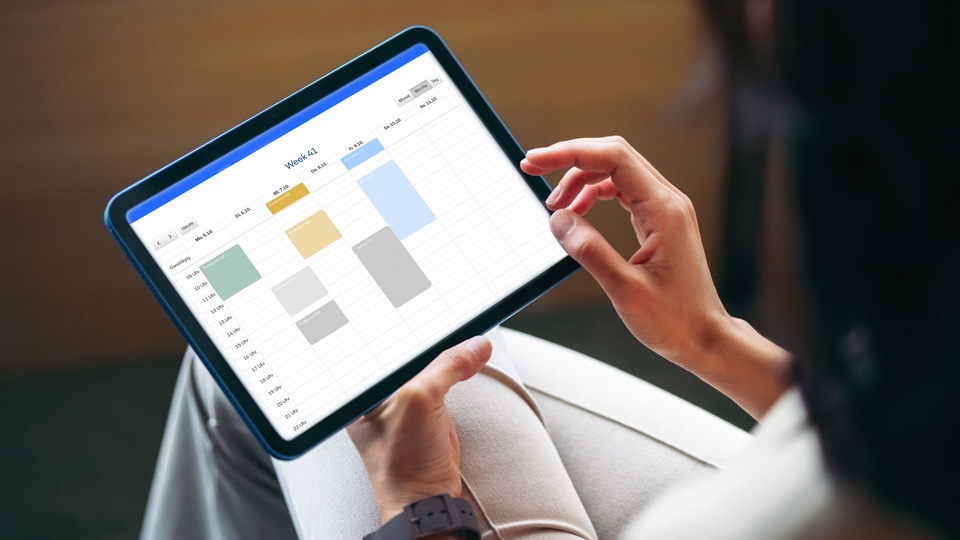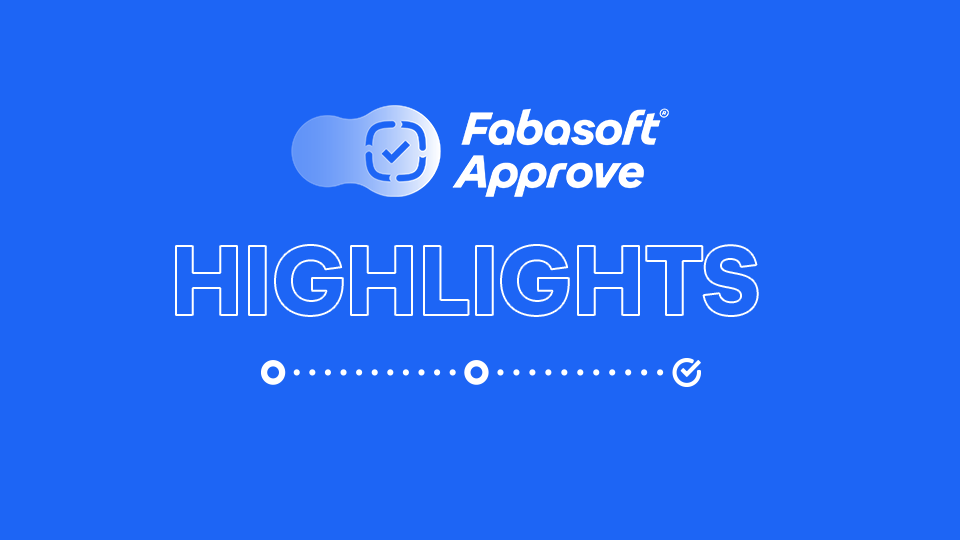Deadlines and dates are core elements of any contract. They define the legal scope of action in terms of the timeline. By making optimal use of this information, companies can generate competitive advantages while also eliminating risks. Businesses working across departmental boundaries need a well coordinated approach to stay current and prepared to respond at the right time. This kind of coordination takes time, especially if those responsible have to take action at short notice.
A contract archive full of deadlines
The significance of deadline management varies depending on the type of contract. It involves more than merely complying with termination periods or renewing agreements that expire automatically. With commercial leases, for instance, factors like annual index adjustments and expiring guarantees or insurance benefits are pivotal considerations. Licensing agreements frequently involve periodic recertification in addition to automatic renewals. Not to mention mobile phone contracts, which have to be renewed in conjunction with the purchase of new hardware, and which can easily generate cost benefits in the six-digit range when several hundred employees are involved. These are all issues that pose considerable risks and have a direct impact on revenue. Handling the highly diverse tasks associated with deadline management smoothly in good time gives companies more room to maneuver and minimizes the friction loss that results from a hectic approach.
Who’s supposed to keep track of all this?
One example from a mid-sized company yields 2,600 dates and deadlines that need to be actively managed by the people involved − an immense challenge for the departments concerned. Creating a centrally managed contract list using a traditional spreadsheet seems to be the most obvious method for processing all of these dates.
From the user’s point of view, that means:
- Transferring data from the contract to the list
- Transferring deadlines from the list to the calendar and setting up reminders
- Informing the relevant colleagues when the event occurs
- And for more detailed questions, looking for the contract and locating the required content
And after extending the contract:
- Determining new deadlines
- Transferring them to the contract list
- Likewise transferring this information to the calendar and setting up reminders
From a business perspective, it’s a regularly recurring, time-consuming process that is both error-prone and risky.
Deadline management needs teamwork
The tasks of managing and acting within agreed timeframes and deadlines is often shared among multiple departments. One part involves contract management, which in its ideal form monitors the deadlines and ensures that the processes are in line with corporate standards. The other part includes the departments responsible for the specific practical arrangement of the contracts with customers, suppliers, and partners. This is associated with processes that employees often perform informally and – lacking the support of an intelligent contract management system – manually and on demand. On top of that come the ad hoc questions and issues that arise during contract processing, which also have to be addressed by the contract management departments. At a practical level, these activities are riddled with obstacles in terms of co-worker availability or the inability to access the contract details because of the absence of a central contract archive: dependencies and connections across departments from an overall perspective, which themselves translate into time-consuming processes.
Don’t worry – be digital
All in all, this adds up to a major effort for all the teams entrusted with these tasks. That is, if the company doesn’t have modern contract management software on its side. Good contract management software will speed up and simplify deadline management using four key digital elements.
A seamless, format-independent contract archive including calendar
A central contract archive gathers all contracts in one place. The system’s integrated deadline management functionality provides an overview of the upcoming events. The corresponding calendar can also be integrated into Microsoft Outlook. Each deadline is always linked to the digital contract file – without forcing users to leave the system they’re working in. This eliminates manual, redundant list and calendar maintenance and the hassle of searching for contract details.
Automated reminder and escalation workflows
E-mail or push notifications alert users about impending dates and deadlines in plenty of time. Users can choose the reminder interval that best suits their needs and, depending on the contract or contract type, one that automatically includes the relevant departments, right when they need to be reminded. Additional escalation mechanisms in workflows also act as a safety net in case the parties directly responsible fail to take action despite being notified.
Mobile access is imperative
Mobile access from a smartphone or tablet is now a must for many contract management activities, including deadline management. The ability to easily confirm extensions or terminations, to delegate workflow tasks, or to access details quickly using semantic full-text search all help to speed up the processing of urgent tasks – whether you’re on a business trip or working from home.
Convenience, with the help of artificial intelligence
Contract digitalization powered by artificial intelligence automatically transfers dates and deadlines to the digital contract file, together with additional metadata. This step occurs whenever a new contract is uploaded. The expedited digitalization slashes both the workload and the number of manual errors, making life a whole lot easier for the people in charge.
Digital deadline management really pays off
Digital deadline management makes sure that deadlines are communicated well in advance, that no one misses an important deadline, and that everyone involved can participate in the process well ahead of time. That way, the company can optimize the way it manages any associated revenue potential and cost risks. By reducing manual activities and working seamlessly without having to change from one medium to another, the available staff has more time to devote to the core processes. This means enhanced quality in the contract management process itself, as well as increased satisfaction on the part of the employees involved.




